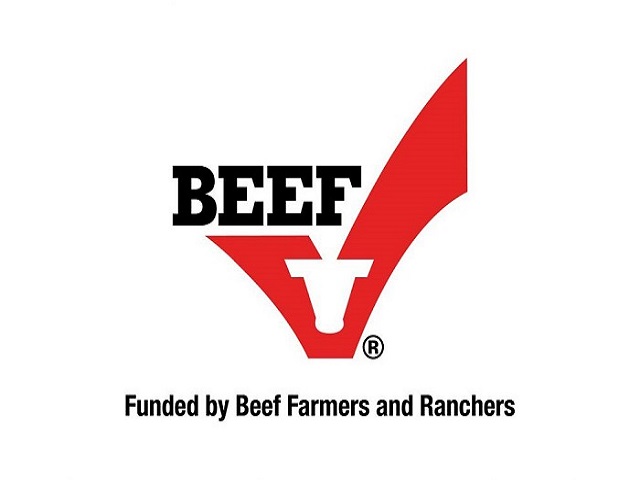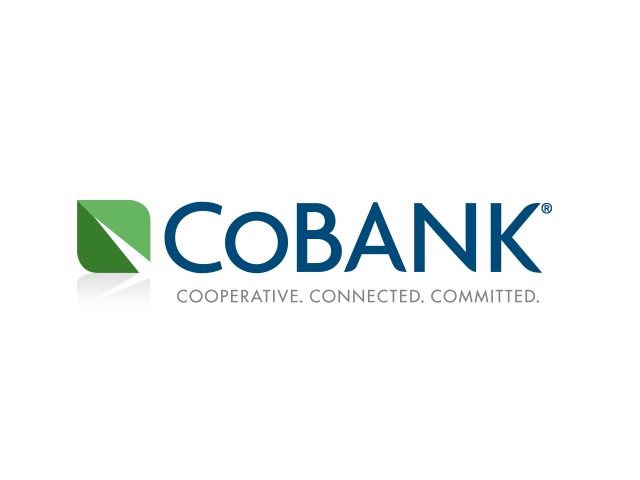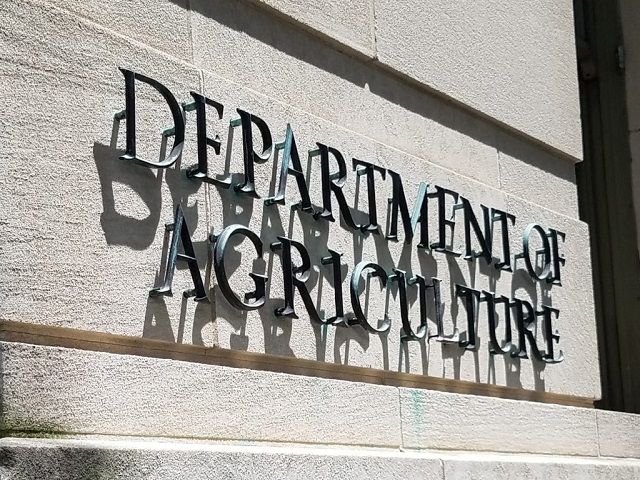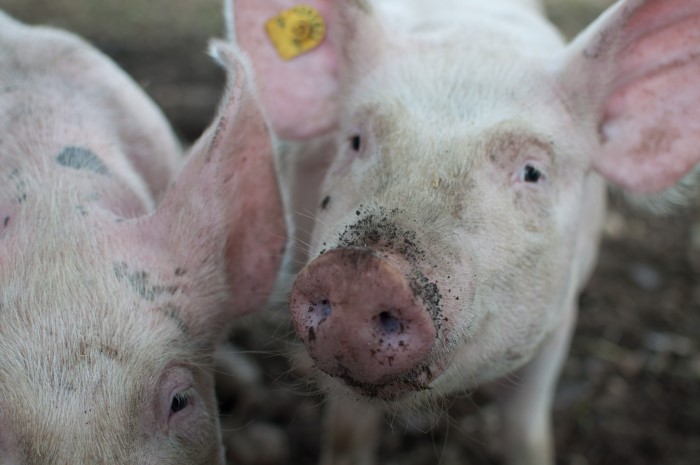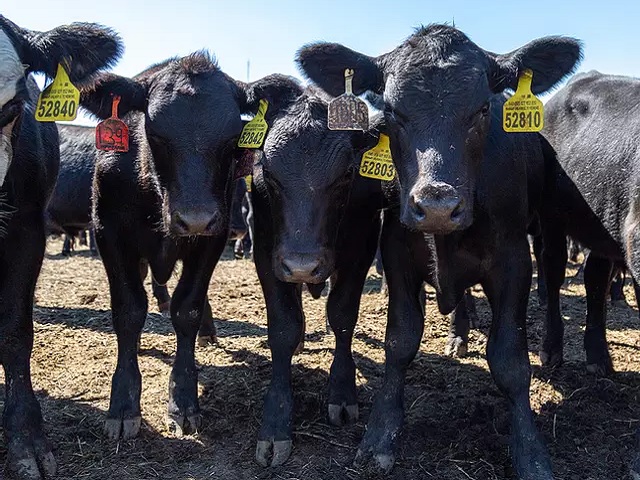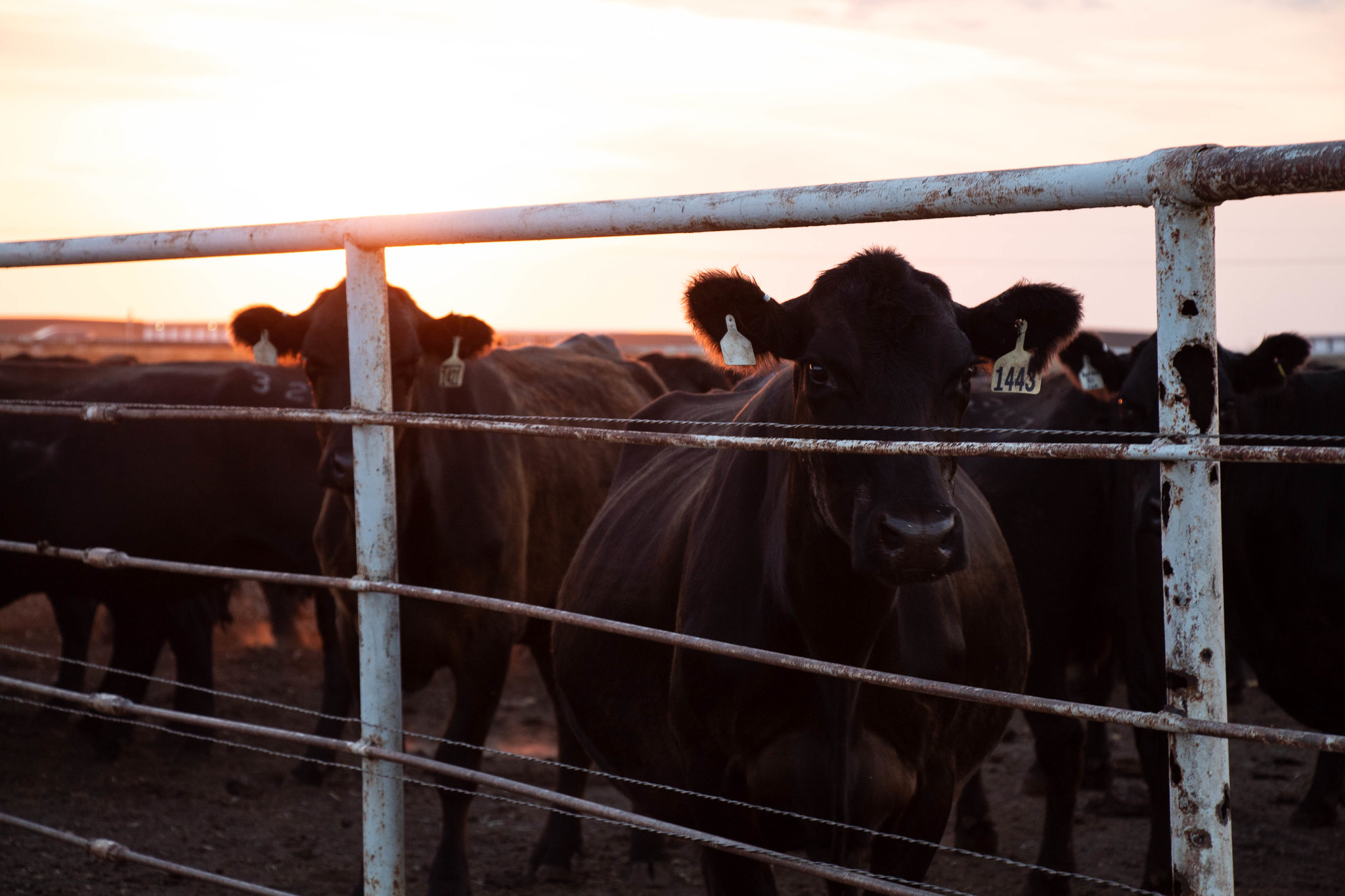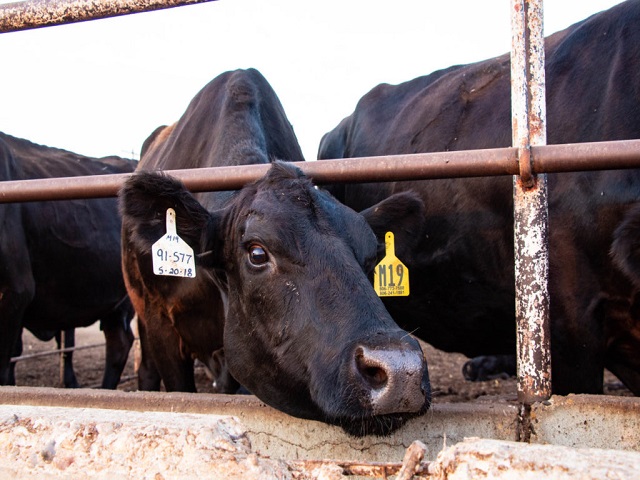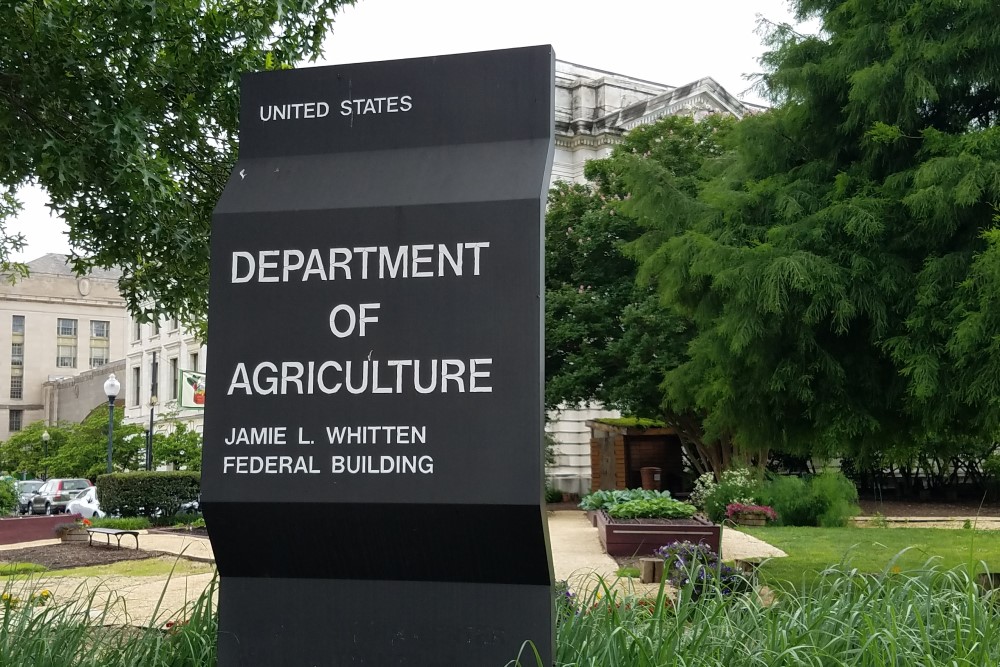Biofuel RIN Credits Reach Highest Values Since 2013
WASHINGTON, DC – As the debate continues over the Renewable Fuels Standard (RFS) and the Small Refinery Exemptions (SRE) issued in 2016, some of the focus will turn to corresponding renewable identification number (RIN) credits that have been steadily increasing in value recently, approaching their highest nominal levels in the history of the program. RINs are the compliance mechanisms used for the RFS program administered by the Environmental Protection Agency (EPA). Renewable fuel producers generate RINs that refiners and importers of gasoline or diesel, obtain and then ultimately retire for compliance. The price of RIN credits reflects compliance and trading activity in the RFS and can be either used for compliance or traded in the secondary market, allowing market participants to capture the value of RIN credits, which can encourage increased biofuel consumption when RIN prices increase. The corn ethanol RIN price reached more than $1.00 per gallon in late January and early February (2021), the highest price since reaching an all-time high in 2013. In addition, the biomass-based diesel RIN price approached $1.20 per gallon during the same period. Although the RFS renewable volume obligations for 2021 have yet to be released, RIN prices have been increasing because of limited fuel production as a result of lower fuel demand related to responses to COVID-19, fewer approved new small refinery exemptions (SRE) since 2018, and uncertainty around future RFS levels. The Supreme Court has agreed to hear a case brought by small refiners regarding the constitutionality of the SRE.
(SOURCE: All Ag News)















